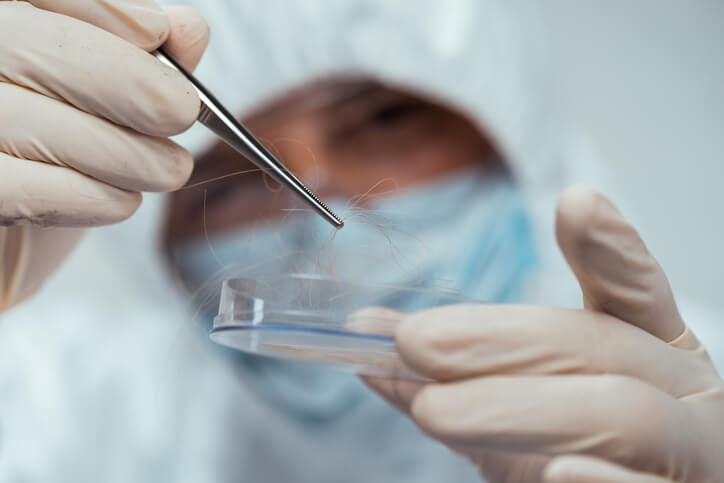DNA evidence has an important role in Washington criminal cases. It is often used to try to convict defendants or even exonerate persons who have been wrongly accused or convicted of a crime. If you are facing any criminal matter, it is crucial to obtain legal counsel and understand the potential impact of DNA evidence in your case. Our Washington criminal defense attorney is familiar with DNA evidence and can evaluate how it may affect your case.
What is DNA?
DNA is akin to a building code unique to each person’s body and is found in almost every type of human cell. This means that DNA in your blood is the same as in your hair, skin, and saliva. DNA also does not change; your unique code will always remain the same.
DNA Evidence
In Washington state, law enforcement and other professionals must collect DNA evidence across a vast category of crimes. DNA evidence can be collected from a crime scene or a victim and “matched” with a purported suspect or used to eliminate a person as a suspect in a crime. DNA may be present in hair, body fluids, blood, and other biological material at a crime scene.
There are specific collection procedures and timeframes that must be followed by the professional collecting the DNA evidence for it to be considered reliable. These procedures avoid degradation, tampering, or contamination of this material. For example, DNA can become contaminated when DNA from another source gets mixed with DNA relevant to the case. This can be avoided by using proper gear, using clean instruments, and carefully avoiding touching other objects when handling DNA evidence.
Once collected, it can be compared to a suspect’s sample or run through national databases such as the FBI’s Combined DNA Index System. In some cases, it may be necessary for a prosecutor or district attorney to request a judge to permit them to collect a sample.
Dealing With DNA Evidence in Your Case
There may be many ways in which DNA evidence could be an issue in your case. You should not go through this process alone as doing so can lead to inequitable results and you being deprived of your rights.
For example, suppose you have been charged with a crime or may be facing charges. In that case, you and your attorney have the right to access the crime scene or other location after law enforcement has completed its investigation. An experienced criminal defense attorney can help you seek a court order to access the site and collect DNA evidence with your own professional.
Alternatively, you have rights if a sample is being demanded from you. You may not be required to provide a sample absent the government demonstrating they have probable cause regarding your involvement in an alleged crime.
Depending on your circumstances, you may also use DNA evidence to defend or exonerate yourself. Improper collection, storage, handling, or even lack of proper training by the person collecting the evidence can all be legitimate defenses and issues raised in your case. If you or a loved one find yourselves in any of these situations, we invite you to contact our law office today for help with your case. We can help you understand your legal rights and options.
DISCLAIMER: This post is intended to share my perspective, insights, and some general information on various aspects of criminal cases. It is not legal advice and is not intended to substitute for legal advice. You should consult an attorney to obtain legal advice for your individual situation and case.

